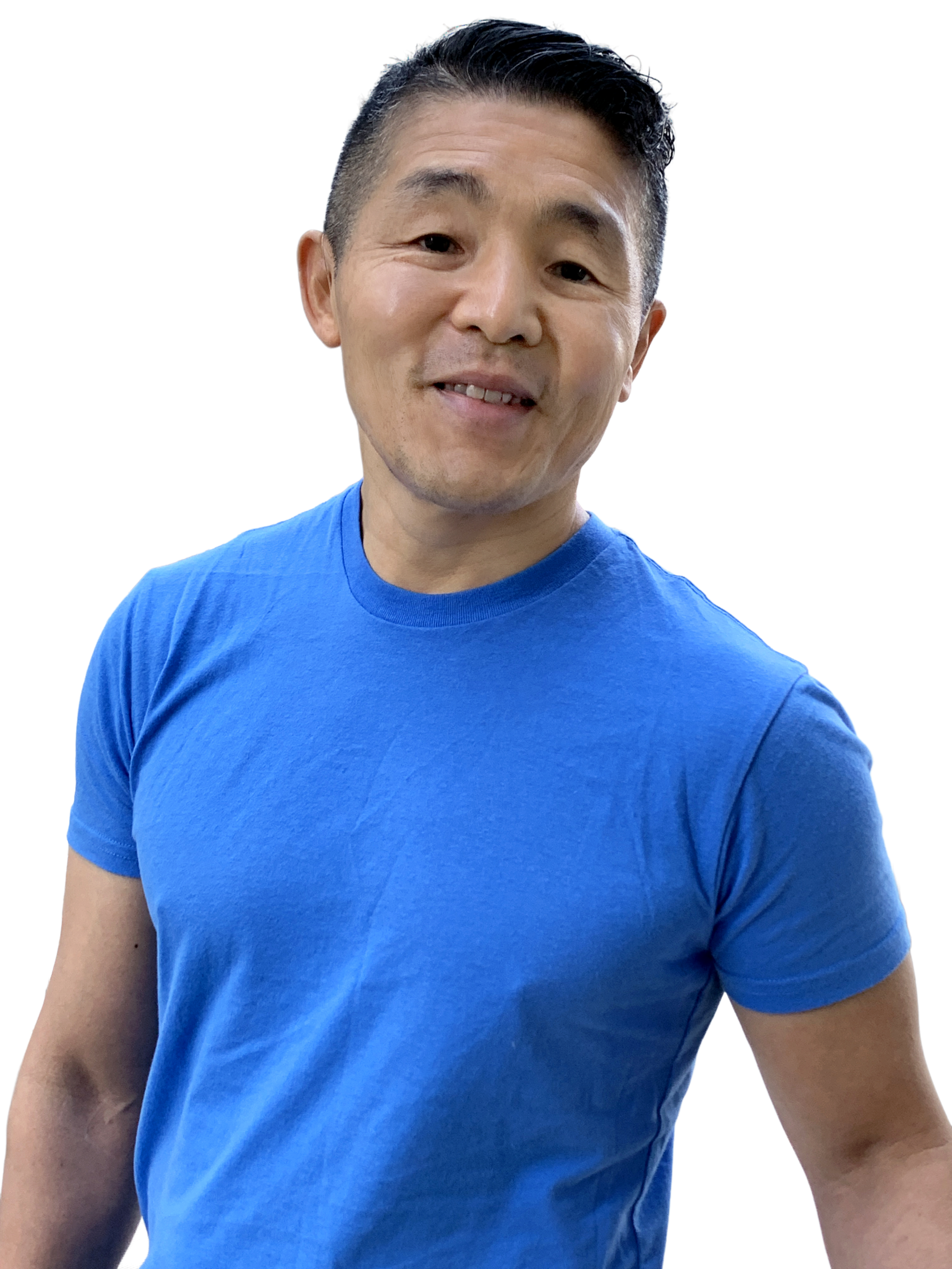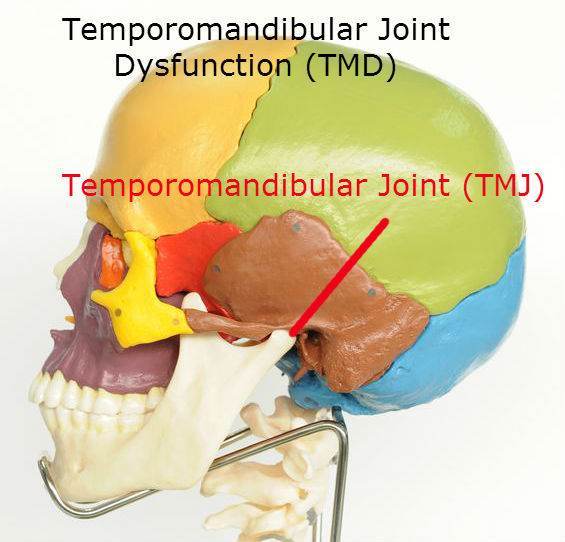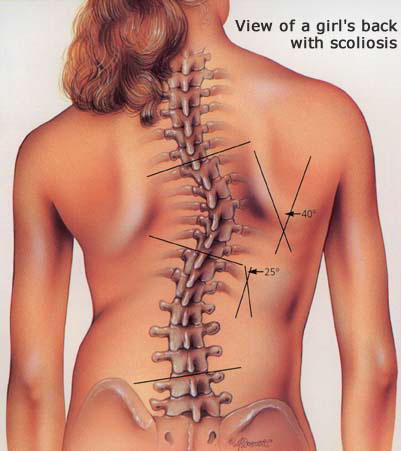Visual Problems: An Intro to Neck-Related Issues

The connection between neck-related issues and various symptoms including visual problems, emphasises the need for a comprehensive understanding and professional guidance:
Unlocking the Neck’s Role in Symptoms: A Professional Perspective
Headaches:
Headaches, often associated with tension or stress, can also be linked to neck issues. The intricate network of nerves in the neck may contribute to headache symptoms, warranting attention to neck health for potential relief.
Dizziness:
Surprisingly, feelings of dizziness or lightheadedness may originate from the neck, particularly around the skull and the first two vertebrae. Disruptions in this region can affect proprioception, impacting balance and coordination.
Recovering from Concussion Symptoms with VRT Therapy
Unsteadiness:
Sensations of unsteadiness or imbalance might have roots in neck issues, highlighting the neck’s pivotal role in overall stability.
Visual Disturbances:
Visual disruptions, such as blurred vision or difficulty focusing, may be intricately tied to neck problems, underlining the interplay between neck health and visual function.
Beyond Trauma:
It’s essential to recognize that neck trauma isn’t the sole precursor to these symptoms. Even subtle disturbances in neck function can manifest as discomforts, warranting attention irrespective of notable trauma.
Guidance for Patients:
In clinical practice, recognizing the diverse manifestations of neck-related symptoms underscores the importance of a holistic approach to patient care. By acknowledging the intricate connection between neck health and symptomatology, we empower patients to seek appropriate interventions tailored to their individual needs, fostering improved outcomes and enhanced quality of life.
Causes of Neck Pain Related to Headaches, Visual Problems, and Balance
The control of eye movements and balance is regulated by your eyes, ears, inner ears, neck, and nervous system [1]. Even minor blows, whiplash, or low-force impacts to your head can affect these systems, leading to dizziness, headaches, and neck pain.
Symptoms of Neck Pain Related to Headaches, Visual Problems, and Balance
Visual disturbances may manifest as the need for concentrated reading, eye fatigue, difficulty judging distance, and light sensitivity [2]. You might find yourself struggling to read, experiencing slow reading, or even encountering double vision. All these symptoms can overlap with concussion symptoms, including poor concentration and fatigue.
Treatment Of Neck Pain Related Headaches, Visual Problems and Balance
Balance problems, described as unsteadiness or light-headedness, are often linked to neck muscle fatigue [3]. Your chiropractor should focus on strengthening your neck for endurance, providing the most effective treatment based on the latest research. An indicator for neck strengthening rehabilitation is swaying when standing with closed eyes. If your chiropractor identifies that this originates from your neck and not your inner ear or brain, neck rehabilitation can be beneficial.
Navigating Lower Back Pain: A Guide to Returning to Work
Blurred Vision and Nausea treatment involves addressing the neck and the sensorimotor system. Home-based eye exercises, such as looking back and forth between various numbers and letters, can help train the eyes.
Headaches and Neck Pain require a customized treatment plan based on your specific symptoms. Manual neck treatment, especially following trauma, is effective in alleviating neck pain, blurred vision, nausea, and balance issues. Acupuncture may also be employed to improve your specific situation.
Best practices at a chiropractic clinic include a personalized approach with exercises to improve your condition.
Navigating Recovery: Understanding Treatment Duration for Dizziness and Balance Issues
The duration of your treatment journey for dizziness and balance issues hinges on various factors, ultimately shaping the prognosis and recovery timeline. Research suggests that individuals grappling with these symptoms may face a more challenging recovery, especially if the issues are severe or have persisted over an extended period.
Prognosis and Severity:
- Dizziness and Balance Issues: The presence of dizziness and balance concerns introduces a variable to your prognosis. These symptoms can stem from various underlying causes, and their impact on your overall well-being influences the treatment trajectory.
- Impact on Recovery: A poorer prognosis is often associated with the presence of dizziness and balance issues. The severity of these symptoms can indicate the complexity of the underlying problem, potentially lengthening the time required for comprehensive treatment.
- Duration of the Problem: Time is a significant factor. The longer you’ve experienced dizziness and balance issues, the more entrenched they may become. Prolonged symptoms often pose challenges in treatment, necessitating a more nuanced and patient-centered approach.
Treatment Challenges:
- Difficulty in Treatment: The severity and duration of your symptoms can contribute to the perceived difficulty in treatment. More challenging cases may require a comprehensive and sustained therapeutic approach to yield positive outcomes.
- Patient-Specific Factors: Each individual responds uniquely to treatment. Factors such as overall health, lifestyle, and adherence to therapeutic recommendations play a crucial role in determining the effectiveness and duration of the treatment plan.
Proactive Steps:
- Early Intervention: Addressing dizziness and balance issues promptly may contribute to a more favourable prognosis. Early intervention allows healthcare professionals to identify and manage the root cause before symptoms become entrenched.
- Collaborative Care: Working closely with healthcare providers, including specialists in neurology, physical therapy, or vestibular rehabilitation, can enhance the effectiveness of the treatment plan. A multidisciplinary approach is often beneficial.
Patient-Centered Approach:
Recognizing the unique nature of each case, a patient-centred approach to treatment is essential. While a general prognosis can be estimated, individual responses to therapy may vary. Open communication with healthcare professionals can provide clarity on the expected duration and steps involved in your recovery journey.
In conclusion, the treatment duration for dizziness and balance issues is influenced by the interplay of various factors. Proactively addressing these symptoms, seeking early intervention, and collaborating with healthcare providers contribute to a more informed and potentially expedited recovery process.
Research
- Baloh R & Halmagyi G. Disorders of the Vestibular System. New York, NY: Oxford University Press; 1996.
- Revel M, Andre-Deshays C & Minguet M. Cervi¬cocephalic kinesthetic sensibility in patients with cervical pain. Arch Phys Med Rehabil 1991; 72: 288-291.
- Treleaven J, LowChoy N, Darnell R, et al. Comparison of a sensorimotor disturbance between subjects with persistent whiplash-associated disorder and subjects with vestibular pathology associated with acoustic neuroma. Arch Phys Med Rehabil 2008; 89: 522-530.
- Hildingsson C & Toolanen G. Outcome after soft-tissue injury of the cervical spine. A pro¬spective study of 93 car-accident victims. Acta Orthop Scand 1990; 61: 357-359.
Picture Reference
- Photo by Jeff Golenski on Unsplash
- Photo by Amanda Dalbjörn on Unsplash
Tell us what you think in the comments below and like us on Facebook. I will answer all questions in the comments section here at this downtown Toronto Chiropractic clinic.
Related Categories: Acupuncture, Concussion, Falling Down, Headaches, Hip, Neck Pain, Posture, Rehabilitation, Trauma





